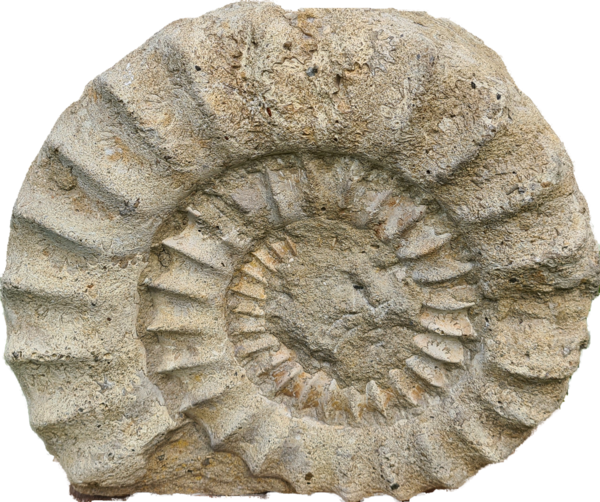SOWING GUIDE
Click here to view a seed sowing guide.
Click here for a recent picture of our notice board which includes details of a discount available for seeds.
GENERAL TIPS
- The allotments on the site in Park Road contain a lot of stones and in places the depth of topsoil is quite shallow. The advice here is to try to build up the depth of topsoil by the introduction of compost and/or manure. Manure deliveries to site are available and are details are available on our notice board by the entrance gates, or click here to see a recent photo.
- There are the usual pests which can be expected on a site like this. In particular pigeons can devastate brassica plants if they are left unprotected. There is also evidence of badger activity especially around carrot and sweet corn crops so again the advice is to provide some protection.
- Please use water carefully and instal a water butt if you have a shed. This will help to control the amount spent on water service charges.
- Where possible use a mulch on your plot to a depth of 2 inches. This will conserve moisture, inhibit weed growth and improve the condition of your soil.
- Bonfires are no longer permitted on the site to burn allotment rubbish. Please dispose of your rubbish by either composting on site or removal to the local recycling centre. Do not put perennial weeds (e.g bindweed and couch grass) or blighted plants into your compost bin as the composting process is unlikely to destroy them. However the process used by the council will. The only material that is not permitted at recycling centres is Japanese Knotweed. In the unlikely event that you find this on your plot you must inform the allotment committee. Garden waste sent to the local recycling centre is subsequently hot composted for 12 weeks by an approved company. This process renders the material safe to use as compost.
- There is a petrol powered strimmer available for use by members free of charge. Details regarding the loan of this equipment are posted on the notice board by the entrance gate. PLEASE NOTE THAT USE OF THE STRIMMER IS SUBJECT TO TERMS AND CONDITIONS WHICH USERS MUST READ AND THEN SIGN THE USER RECORD LOG. Please be considerate to our neighbours and restrict the use of petrol powered strimmers to between 8am and 6pm.
- Composting of vegetable matter is a useful way of making your own compost. Proprietary plastic bins can be purchased commercially and from the council. Materials suitable for composting include vegetable waste, grass cuttings, shredded paper, card board and softwood cuttings. It is important to obtain a mix of these to encourage efficient composting.
- Some plot holders obtain manure for their plots and there is a local supply of this as posted on the site notice board. Ensure that the manure is well rotted before using it on your plot The use of "fresh" manure can actually do more harm than good.
- Weed control is always difficult and there is no substitute for regular deep digging and removal of weeds as you go. Areas that are not cultivated should be covered in sheeting to inhibit the growth and spread of weeds.
- The use of insecticides, fungicides and weed killers is permitted but please use them on wind free days so that you don't accidentally spray neighbouring plots. However please bear in mind that these chemical treatments will cause harm to both unwelcome pests/diseases as well as those that can be useful to promote healthy cultivation or pollination.
- To aid pollination it is advisable to grow plants that attract and encourage natural pollinators such as bees which play a vital role in the food chain. The absence of natural pollinators will not enable a wide range of fruits and vegetables to provide a healthy productive crop.
- Annual crop rotation is important as this reduces the risk of diseases being carried forward to later crops. Keep a note of what you grow and where so that in subsequent years changes can be made. Some crops are happy to stay in the same place for some time e.g. beans and peas.
- Poly Tunnels are permitted once an agreement has been signed and a fee paid, click here for details. The advice is to position them with the door end facing North because the prevailing winds are from the South West.
- Where areas of a plot are not cultivated it is important to control weed groth. This can be done by using weedkillers or alteranately covering the area with opaque sheeting is acceptable.
The purpose of this part of the website is to provide members with gardening tips. It is aimed primarily at new plot holders or those with little gardening experience. However experienced gardeners may find it useful and are welcome to contribute by sharing their knowledge with others. If you have any useful tips and would like them published on this website please send us an email.
